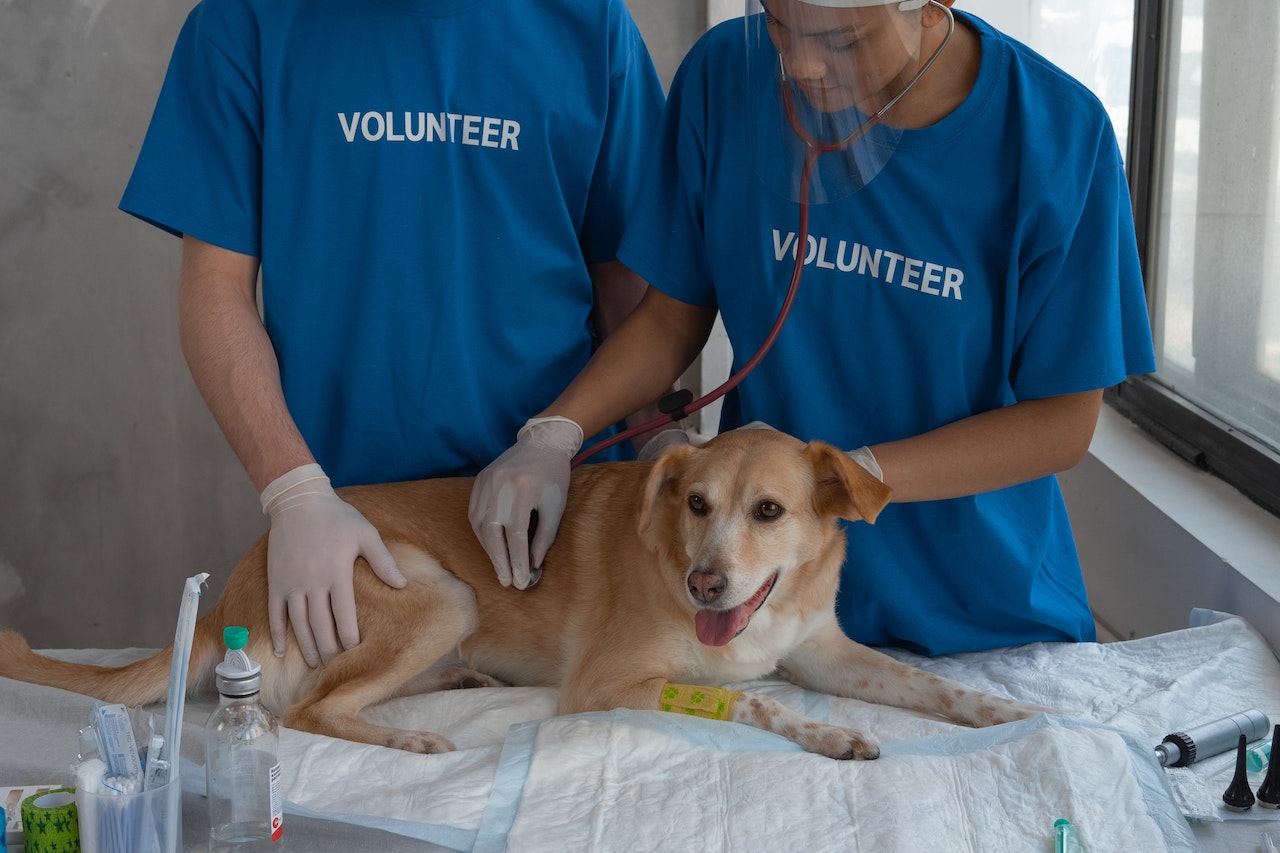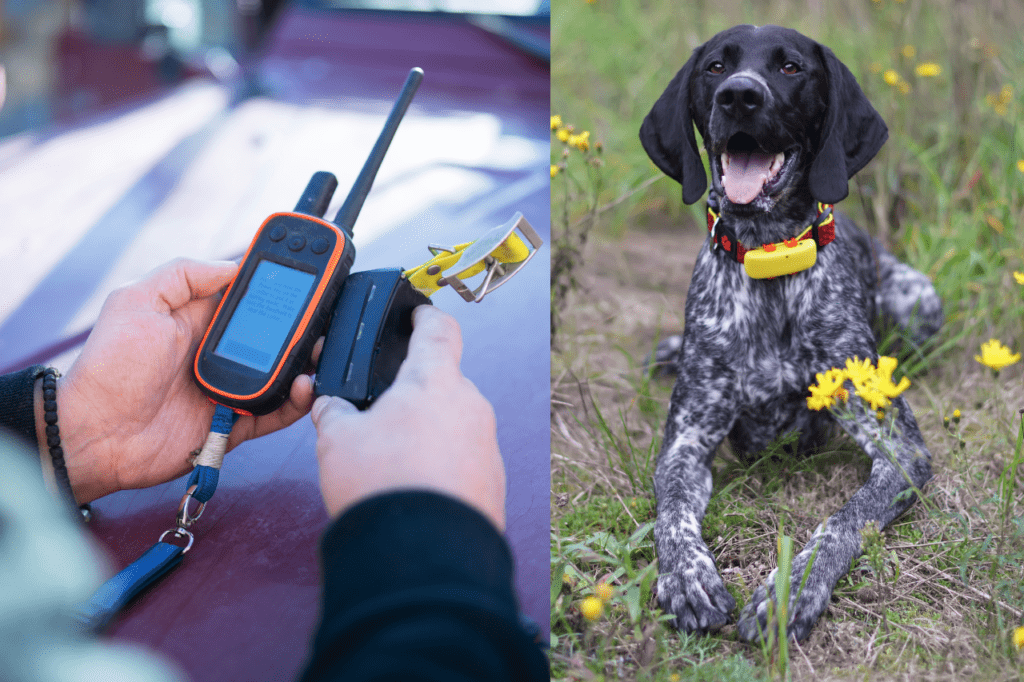
It’s so important to have regular vet check-ups for your pet! They can help detect any health problems early on, which could save your pet’s life. Plus, it’s a good chance to ask any questions you may have about your pet’s health. So be sure to take advantage of those check-ups! Your pet will thank you for it. Vet check-ups also give us an opportunity to catch any problems early, before they become serious. Animals can’t tell us when they’re not feeling well, so it’s up to us to be aware of changes in their behaviour or appearance that might indicate a health problem.
What Happens During a Vet Check-up?
During a regular visit, your vet will give your pet a physical exam and update their vaccinations if needed. Your vet will also talk to you about any changes you’ve noticed in your pet’s behaviour or appearance, and ask you about their diet and exercise habits. This is a good opportunity to ask any questions you have about your pet’s health or care.
The physical exam will usually involve checking your pet’s eyes, ears, mouth, skin, coat, and nails. Your vet may also listen to their heart and lungs and feel their abdomen for any unusual lumps or swelling. If your pet is due for vaccinations, this is usually done during the check-up as well.
Depending on your pet’s age and species, your vet may recommend additional tests or procedures during the visit. For example, dogs over seven years old should have yearly blood work done to screen for common diseases such as kidney disease and cancer. Cats over seven years old should have blood work done every other year.
Your vet may also recommend X-rays or ultrasounds if they suspect your pet has an injury or underlying medical condition. These tests can help diagnose problems such as arthritis, gastrointestinal issues, or heart disease. If your pet needs treatment for a particular condition, your vet will develop a care plan with you and explain what you need to do at home to help them heal.
Here are some main reasons why you should consider taking your pet to the vet for regular check up.
- 1. Early detection of health problems
One of the most important reasons to take your pet to the vet for regular check-ups is to detect health problems early. Many health problems can be much more easily treated if they are caught early, before they have a chance to progress and become more serious. Additionally, early detection can often save you money in veterinary bills, as treatment for a minor problem is typically much less expensive than treatment for a more advanced problem.
- 2. Prevention of disease
Another reason to keep up with regular vet check-ups is to help prevent disease. Vaccinations are an important part of preventing disease in pets, and most vaccinations require booster shots every year or two in order to remain effective. Additionally, many diseases can be prevented through routine testing and screening, such as heartworm testing for dogs and feline leukaemia testing for cats.
- 3. Maintenance of good health
In addition to detecting and preventing health problems, regular vet check-ups can also help to maintain your pet’s good health. For example, routine bloodwork can help to identify any nutritional deficiencies that may be present, which can then be corrected through diet or supplements. Regular physical exams can also help to catch any potential problems early, before they have a chance to become serious.
- 4. Peace of mind for owners
Finally, regular vet check-ups can provide peace of mind for pet owners. Knowing that your pet is up-to-date on vaccinations and screenings can help you to rest assured that they are healthy and safe. Additionally, having a relationship with a veterinarian that you trust can give you someone to turn to with any questions or concerns that you may have about your pet’s health.
Regular vet check-ups are an important part of maintaining our pets’ health. They give us an opportunity to catch any problems early on and get our pets the treatment they need before the condition gets worse. During a regular visit, your vet will give your pet a physical exam and update their vaccinations if needed. They will also talk to you about any changes you’ve noticed in your pet’s behaviour or appearance and answer any questions you have about your pet’s health or care. So make sure you schedule an appointment with your veterinarian today!










Recent Comments